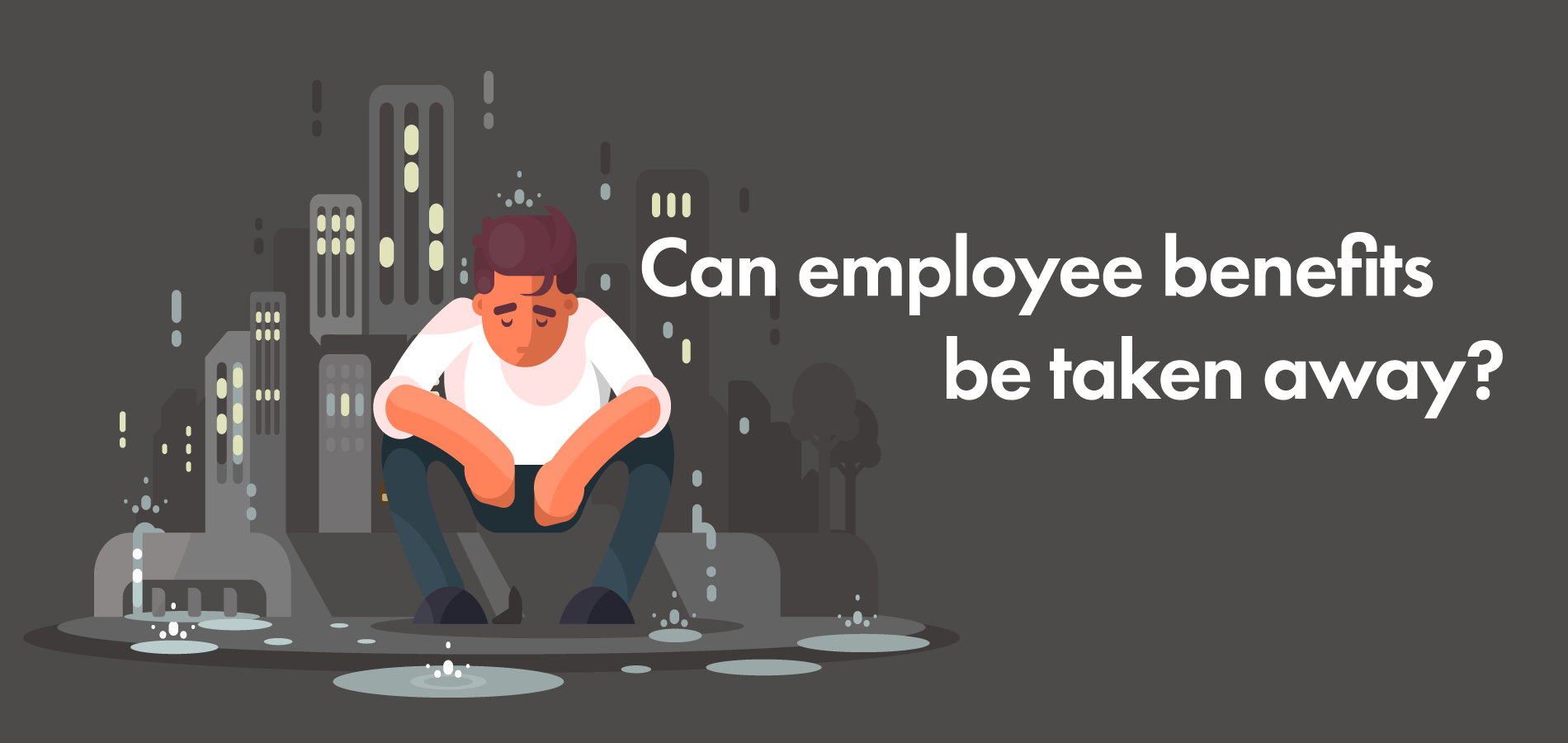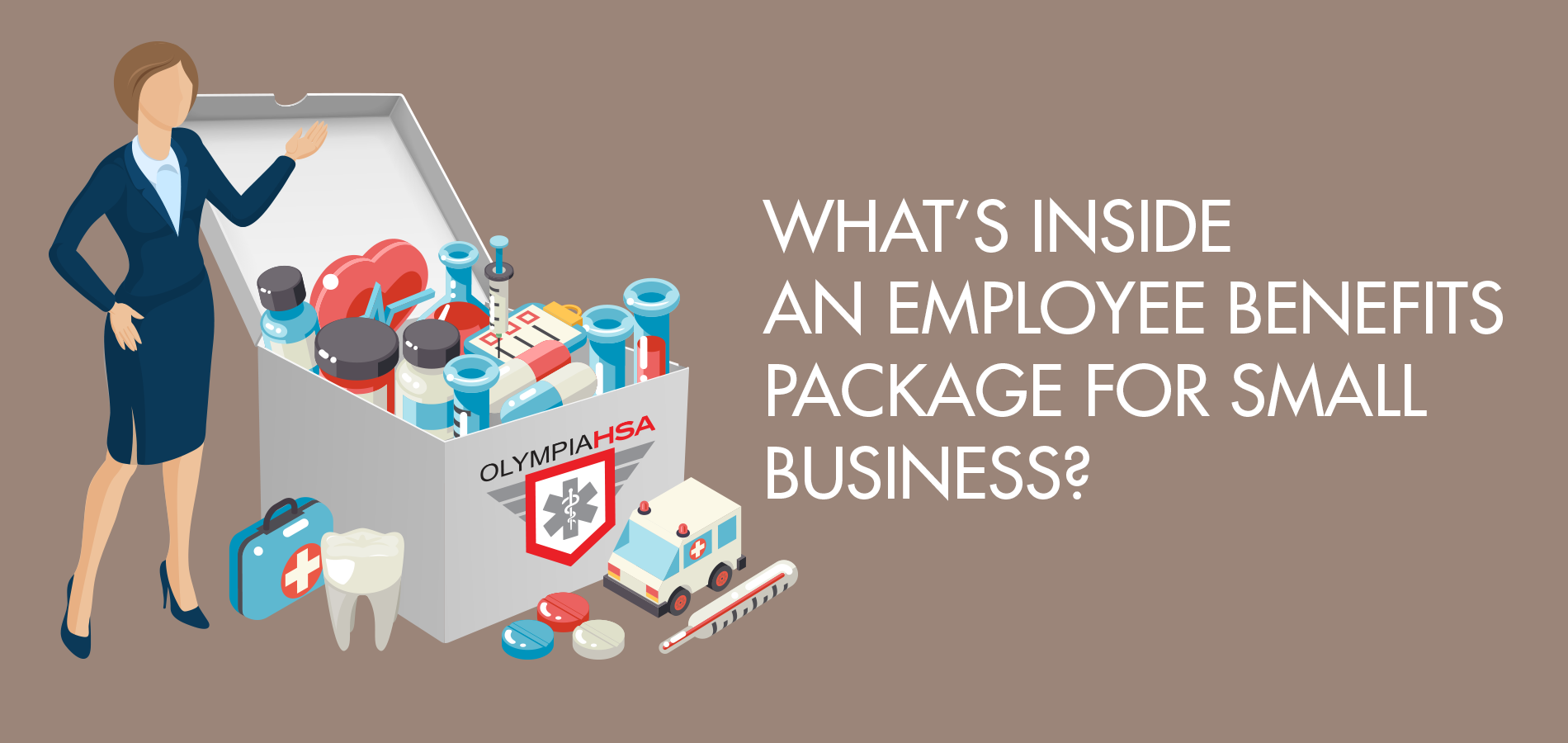The world is currently experiencing a very competitive job market. As an employer, you need to stay up-to-date with benefits trends to keep valuable employees and attract top talent in your industry.
Vacation leave, car benefit policies, flexible benefits - there's a lot to consider when building a compensation package for employees. What are flexible benefits, you ask?
Read below to learn about flexible benefits, how they work, and the advantages.
What Are Flexible Benefits?
Flexible benefits allow employees to pick and choose their benefits based on what is most important to them. Benefits include forms of compensation outside of an employee's regular paycheck.
Flexible benefits examples include things like disability coverage, retirement benefits, and life insurance. Flexible benefits are offered by the employer and the employee can customize their total benefits package.
How Do Flexible Benefits Work?
Companies may offer a variety of flexible benefits. Some offer employees a specific number of benefit credits that employees can use to buy the benefits they want. Other companies offer flexible spending accounts (FSAs) or health spending accounts (HSAs) to employees.
Health spending accounts are a popular form of flexible benefits. Employers contribute to an HSA plan and employees use those funds to pay for health-related expenses tax-free. HSA accounts have no premium and can be used for any CRA-approved medical expenses.
Flexible Benefits Advantages
One of the biggest advantages of flexible benefits is employee satisfaction. Employees like having control over their benefits package and they appreciate the extra cash in their pocket monthly. Flexible benefits afford financial freedom for employees. They can spend their money according to their lifestyle and priorities.
For employers, flexible benefits can help them attract talent in a competitive job market. But implementing flexible benefits can be challenging. It is time-consuming and can be costly to the employer. That's why it's best to go with a provider/administrator of benefits to ease the process.
Why Flexible Benefits?
Flexible benefits allow employees to choose individual benefits that best suit them and their families. Flexible benefits are attractive to employees and help employers attract top talent in their industry.





